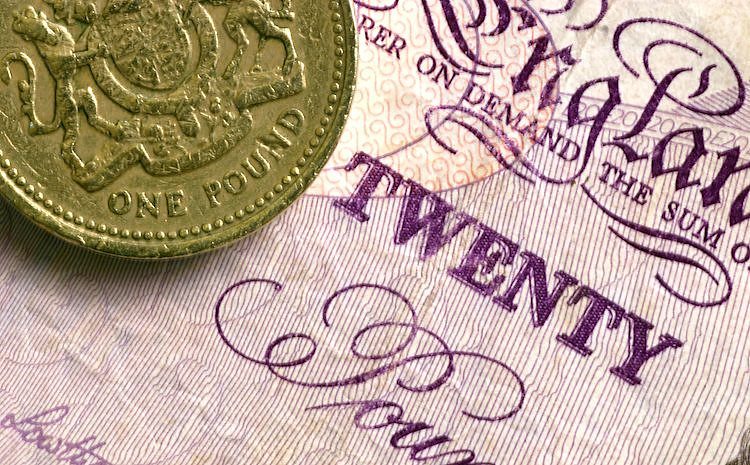- The Pound Sterling rebounds from 1.3000 against the US Dollar as UK monthly Retail Sales unexpectedly rose by 0.3%.
- Upbeat Retail Sales data could influence speculation for the BoE rate-cut path.
- Better-than-expected US Retail Sales reinforced markets’ confidence in the resilience of the US economy.
The Pound Sterling (GBP) outperforms its major peers on Friday due to stronger-than-expected United Kingdom (UK) Retail Sales data for September. The Retail Sales data, a key measure of consumer spending, grew by 0.3%, while economists anticipated it to decline by 0.3% month-on-month. On year, the consumer spending measure rose at a robust pace of 3.9%, higher than estimates of 3.2% and the August reading of 2.3%, which was downwardly revised from 2.5%.
The report showed that overall sales were boosted by higher receipts at the other non-food stores and department stores, the ONS said. Upbeat Retail Sales data is expected to partially pare back expectations that the Bank of England (BoE) could cut interest rates in each of the two meetings remaining this year. Markets started to price in this possibility after Wednesday’s Consumer Price Index (CPI) data for September showed that inflation fell more than anticipated below the BoE’s 2% target.
Inflation in the services sector – a closely watched indicator by BoE officials – decelerated to 4.9%, the lowest level seen since May 2022. The softening of price pressures in the services sector boosted traders’ confidence that inflation is getting under control.
Daily digest market movers: Pound Sterling exhibits strength against its major peers
- The Pound Sterling jumps to near 1.3050 after gaining ground close to the psychological support of 1.3000 against the US Dollar on Friday. The GBP/USD pair gains ground as the USD struggles to extend its five-day winning streak, with the US Dollar Index (DXY) edging lower to near 103.65 from 103.87 on Thursday, which was the highest level in more than 10 weeks.
- The outlook for the Greenback remains positive as traders appear to be betting that the Federal Reserve (Fed) will cut interest rates gradually rather than aggressively. According to the CME FedWatch tool, 30-day Federal Funds futures pricing data shows that there will be a 50 basis points (bps) decline in interest rates for the remainder of the year, suggesting that the Fed will cut its borrowing rates by 25 bps in November and in December.
- Meanwhile, upbeat United States (US) monthly Retail Sales and lower weekly Jobless Claims have reinforced confidence in the resilience of the economy. Retail Sales rose by 0.4% in September, faster than estimates of 0.3%. The number of individuals claiming jobless benefits for the first time came in at 241K, lower than the 260K expected.
- Apart from upbeat data and growing speculation for the Fed’s gradual rate cut path, rising expectations of former US President Donald Trump winning the presidential election have also strengthened the US Dollar. Market participants expect that the Trump 2.0 administration will bring higher import tariffs, tax cuts and loosening financial conditions, which traders assess as US Dollar positive.
Technical Analysis: Pound Sterling rebounds toward 20-day EMA
The Pound Sterling discovers strong buying interest near the psychological support of 1.3000 in Friday’s North American session. The GBP/USD strengthens after gaining ground near the 100-day Exponential Moving Average (EMA), which trades around 1.2990.
The 14-day Relative Strength Index (RSI) returns swiftly into the 40.00-60.00 range after slipping below it, suggesting that value-buying kicked in.
Looking down, the upward-sloping trendline drawn from the April 22 low at 1.2300 will be a major support zone for Pound Sterling bulls near 1.2920. On the upside, the Cable will face resistance near the 20-day EMA around 1.3120.
Economic Indicator
Retail Sales (MoM)
The Retail Sales data, released by the Office for National Statistics on a monthly basis, measures the volume of sales of goods by retailers in Great Britain directly to end customers. Changes in Retail Sales are widely followed as an indicator of consumer spending. Percent changes reflect the rate of changes in such sales, with the MoM reading comparing sales volumes in the reference month with the previous month. Generally, a high reading is seen as bullish for the Pound Sterling (GBP), while a low reading is seen as bearish.

